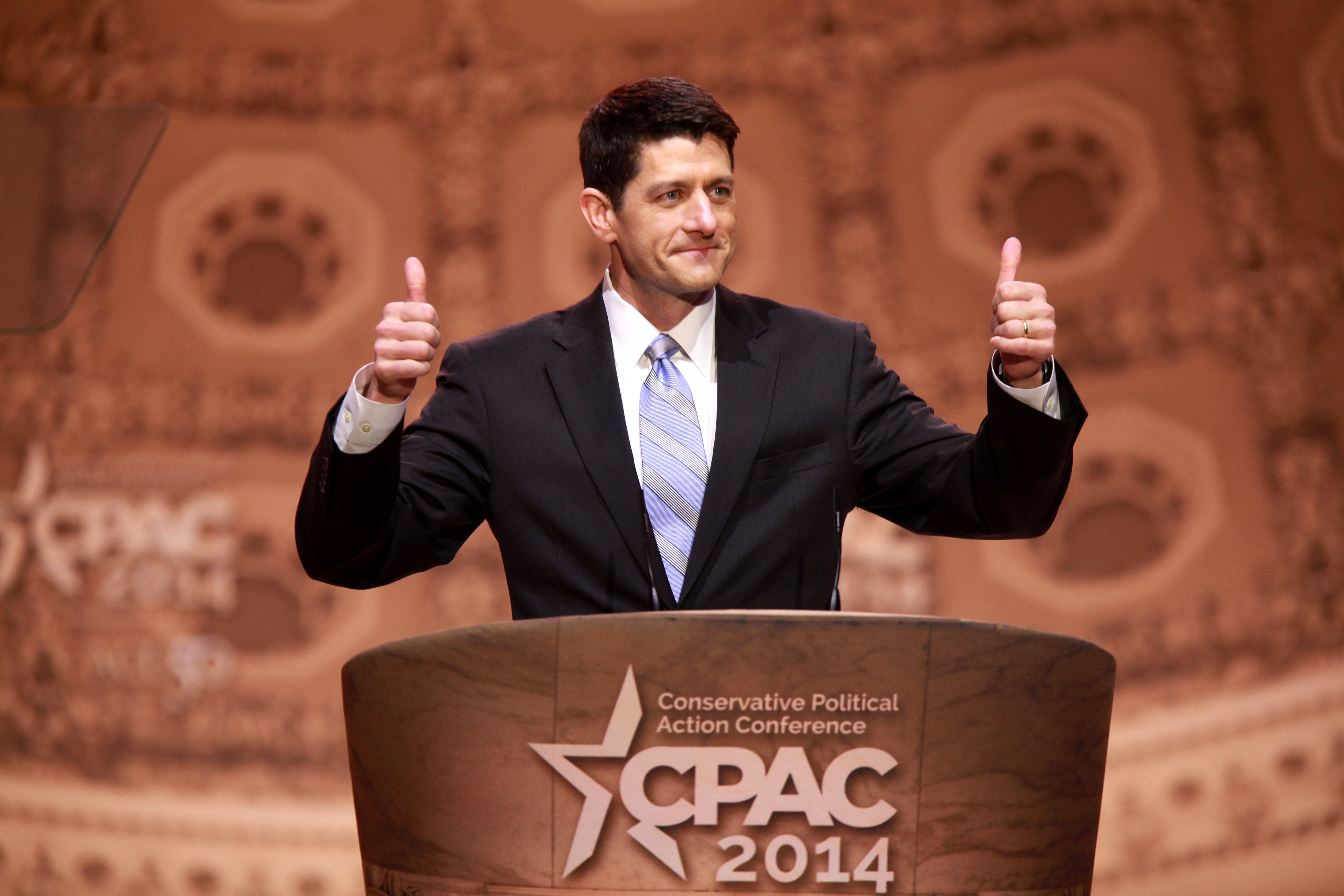On Friday, September 25, John Boehner made history by resigning as Speaker of the House of Representatives. It was the right time for him, according to his statement at the press conference. As Speaker, Boehner was subject to constant pressure from both parties. Republicans were constantly demanding that he push for steep spending cuts that were not possible with Obama in the White House. Most recently, Boehner was trying to devise a solution to keep the government open for the rest of the year. However, the House Freedom Caucus set him back. The House Freedom Caucus is made up of 38 of the most conservative House Republicans. They refuse to sign a bill, even if it means shutting down the government, if it provides funding for Planned Parenthood. The pressures from the Caucus are most likely what led to Boehner’s resignation. Congress is now left with a gaping hole in leadership, and a job that no one wants.
The Speaker crisis could be averted in several different ways. The GOP could give into the House Freedom Caucus and elect someone backed by the Tea Party. However, this would open the floodgates for polarizing legislation that would most likely never make it out of the House. Alternatively, the GOP could elect a moderate with Democratic support. This could allow the government to operate smoothly and the GOP would be applauded for its governing abilities. This solution is not likely to work either because one of the Republican nominees could end up riding this success all the way to the White House. House Democrats are unlikely to be willing to take such a risk. Rather, the most preferable choice for the GOP and Congress as a whole would be to elect Wisconsin Representative, Paul Ryan.
Initially, Paul Ryan, former running mate of Mitt Romney, turned down calls from House Republicans to run. However, he is now officially in the race for House Speaker. Paul Ryan would provide a different take on the position than Boehner, considering Ryan is a known compromiser. He has shown he can work with Democrats, specifically with his Bipartisan Budget Act of 2013. Additionally, Paul Ryan will provide a refreshing perspective as leader of the Republican Party. The GOP needs big ideas to get voters to rally in support. Recently, it has seemed as if the party does not know where it wants to go with contested government issues. Ryan can provide these insights through his expertise of the federal budget. Ryan has clear-cut ideas about fiscal reform, taxes, and entitlement programs. Most importantly, Ryan has backing from every part of the Republican Party. Even the head of the House Freedom Caucus has shown support for Ryan. Boehner’s biggest issue was managing the Tea Party. Because of the overall respect for Ryan’s run, he can convert this respect into realistic expectations for the party.
Unfortunately, Paul Ryan may end up reconsidering. As Speaker, he would lose his chance to rewrite the tax code as a member of the Ways and Means Committee. He currently represents Wisconsin, a swing state. If he becomes the national face of the Republican Party, he could end up losing his seat. Furthermore, being Speaker may spoil Ryan’s potential White House run. All things considered, Ryan could provide a much needed rebranding of the GOP. With Ryan at the helm, Congress could ultimately become a much more efficient institution.



